Strategist vs Planner: A CLASSIC EXAMPLE OF OUR INDUSTRY'S SELF-OBSESSION
Laura Casado Cisa
22/01/2021
Strategists/planners/thought-detectives were created to bring the customer into the process. So why do we spend so much time talking about ourselves, asks Laura Casado Cisa.
Let me start by saying
How did we end up in the strategist vs. planner name battle ring once again? I feel like it never fails to come around every couple years. For real. Give it a Google. 2016, 2018, and now 2021 (did 2020 even exist?). An eternal topic indeed.
On the one hand: the strategist, the shiny master-thinker that will tell you what to do.
On the other: the planner, the quick tactical being that will tell you how to do it.
This time, my social media bubble has gladly targeted me with a couple articles on whether we need planners and not strategists, whether there’s one that’s better than the other or whether this is all some sort of big fallacy. It apparently has appeared in other bubbles too because that’s led to some healthy discussion on my LinkedIn feed.
To me this feels like a classic case of industry overanalysing. I understand, we’re all about nuance and hitting all the right words - oh trust me I’ve been there. But there comes a point in which the consumer will not care. And for a job that’s meant to simplify, I have the feeling we’re doing a great job in making it hella more complicated than it should be.
Because all this leads to is a bunch of Reddit pages with very sane people trying to figure out what the hell is the difference between one and the other. Whether they should be applying to be a strategist. Or a planner. Or a strategic planner. When they’re all really like
Am I a Strategist after all? Am I really a Planner in disguise and nobody told me? Are they even mutually exclusive things? Will I be rebranded to Thinker in no time? It’s embarrassing. We’re only a few steps away from the digital ninja growth-hackers who plague LinkedIn.
All this navel-gazing and squabbling exposes our specialism’s biggest problem: self-obsession. Our job was created to bring the consumer into the room. To burst the adland bubble. But instead we’re focusing our time and effort on ourselves. We would make far better work if we were half as interested in our consumers’ lives as we are in our own.
At the end of the day, call it what you want. It doesn’t matter. The job description underneath won’t change. But be ready to do both the big and smaller thinking that comes with it. Because that’s what will really get us solving the work, instead of getting lost in advertising jargon.


